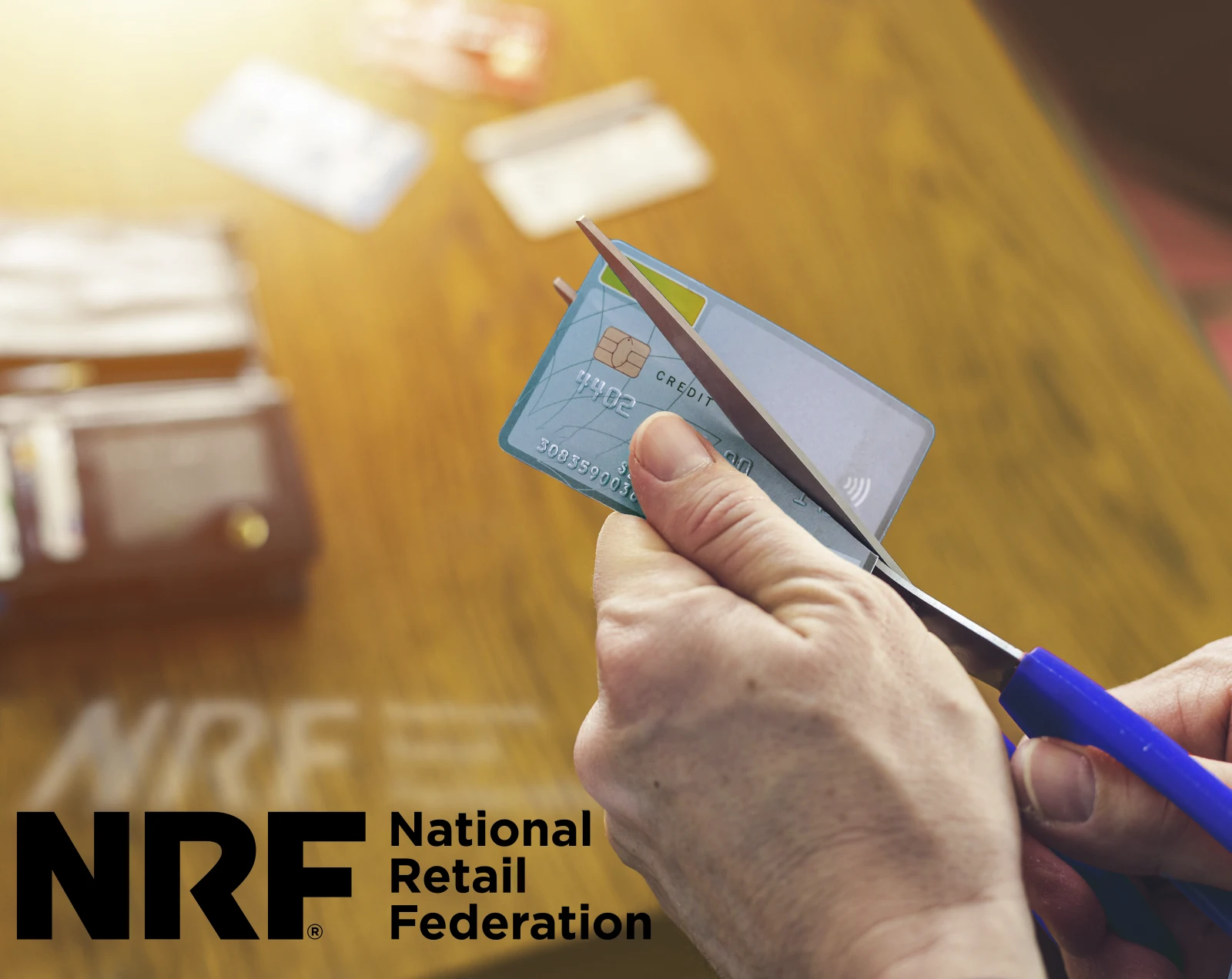The National Retail Federation, NRF for short, is excited about new open banking regulations issued by the Consumer Financial Protection Bureau (CFPB) on October 22. The organization believes that these rules may create alternatives to credit card “swipe fees,” which cost consumers and retailers billions of dollars every year.
Stephanie Martz, Chief Administrative Officer and General Counsel, draws our attention to the positive changes that will happen in the foreseeable future in regards to these changes. Mr. Martz urges sellers to monitor open banking developments because they might offer more advantageous payment processing. At the current rate, they pay the card industry billions of dollars in order to process banking transactions. Naturally, this increases prices for U.S. families on every purchase. The speaker emphasized that open banking can easily eliminate intermediaries. It will thus foster healthy competition in the market that would benefit consumers and small businesses.
The CFPB enforced the Personal Financial Data Rights Rule, which was proposed as far back as October of last year. The Rule requires banks to share information on bank accounts, prepaid and credit cards, payment apps, mobile wallets, and other digitally aided financial products with no fees. Apart from fostering customer mobility between banks, CFPB Director Rohit Chopra stated that the new regulations will also help accelerate people’s transition to open banking options. It will include “pay-by-bank” services that will ensure a direct transaction between the buyer’s and retailer’s bank accounts. Thus, this system won’t rely on major paying networks like Visa or Mastercard. Fintech providers are now eager to offer consumers different fee-free payment services.

Mastercard and Visa are currently absolute market leaders, with about 80% of bank transactions handled around the world each year. Unfortunately, these systems set “swipe” charges between 2 and 4%. These fees are collected by all the banking organizations that issue cards under the two brands. The monopolistic situation in the money-transferring market prevents individual banks from competing. Therefore, they cannot offer lower fees. To make things worse, both networks restrict their operations to their own companies, which even further stifles the diversity in the transaction landscape.
The Nilson Report states that debit and credit card swipe fees peaked at $170 billion in 2023. For most sellers, such fees are insurmountable and cannot be handled properly without cutting other operational costs. The processing fees come only second to labor costs. This causes average prices to increase by about $1,100 every year per standard U.S. family.
Currently, Congress is considering the Credit Card Competition Act. This piece of legislation will require most banks to permit processing through at least one unaffiliated system, which will significantly reduce the overall fees. Some well-known alternative networks include Shazam, Star, and NYCE, but the full list is far more impressive. Specialists estimate that competition between different money processing systems will only benefit the end users. It will lower payment fees, enhance service, and potentially make the owners develop more secure fintech options. The total saved funds for consumers and retailers will amount to more than $16 million each year.



















































